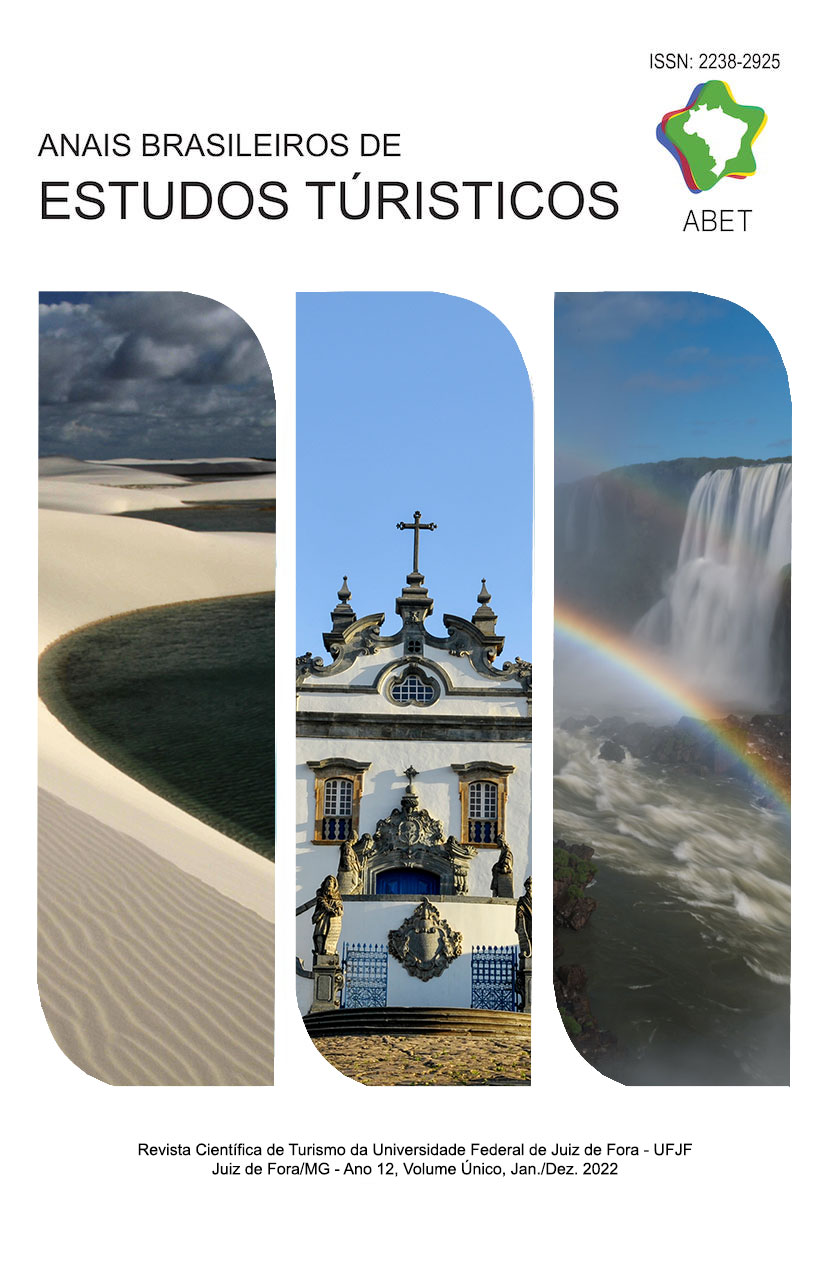Nonlinear Influence of Working Capital Management on Profitability of Tourism Firms: Panel Data Evidence from Developed and Developing Countries
DOI:
https://doi.org/10.5281/zenodo.6879205Keywords:
Tourism Financing, Working Capital, Profitability, Developed and Developing CountriesAbstract
Having an optimal working capital level can balance firms’ costs and benefits and maximizes their profitability. This study examines the influence of working capital management (WCM) on profitability (ROA) in tourism sub-sectors in 74 countries between 2005 and 2017 in terms of the countries’ development levels. Findings from the fixed-effects panel data regression models indicate that there exists an inverted U-shaped association between WCM and ROA in the tourism industry around the world. However, when we consider the development levels of the countries, our empirical results show that an inverted U-shaped nonlinear association between WCM and ROA is more valid in tourism sub-industries in developing countries. Moreover, our empirical findings for tourism sub-industries in developed countries show the existence of a positive linear relationship between WCM and ROA for H&M and F&B firms, but a non-linear U-shaped association between WCM and ROA for L&R firms. The findings from this paper offer important implications for managers working in the tourism industry in both developed and developing countries to improve the use of working capital.
Downloads
Downloads
Published
How to Cite
Issue
Section
License
Copyright (c) 2022 Anais Brasileiros de Estudos Turísticos

This work is licensed under a Creative Commons Attribution 4.0 International License.
This journal provides immediate open access to its content, following the principle that providing free scientific knowledge to the public provides greater democratization of world knowledge.
Authors must agree to the following terms relating to copyrights:
(a) Authors keep all copyright and grant the to the journal the right of first publication, with the work simultaneously licensed under the Creative Commons Attribution License that allowing job sharing with recognition of authorship of the work and initial publication in this journal.
(b) Authors are allowed to assume additional contracts separately, for non-exclusive distribution of the version of the work published in this journal (e.g. publish in institutional repository or book chapter), with recognition of authorship and initial publication in this magazine.
(c) Authors are allowed and are encouraged to publish and distribute their work online (e.g. in institutional repositories or on your personal page) since they do not do this before or during the editorial process, as this can generate productive interchange, as well as increase the impact and citation of work aired. (See Effect of Free Access).















